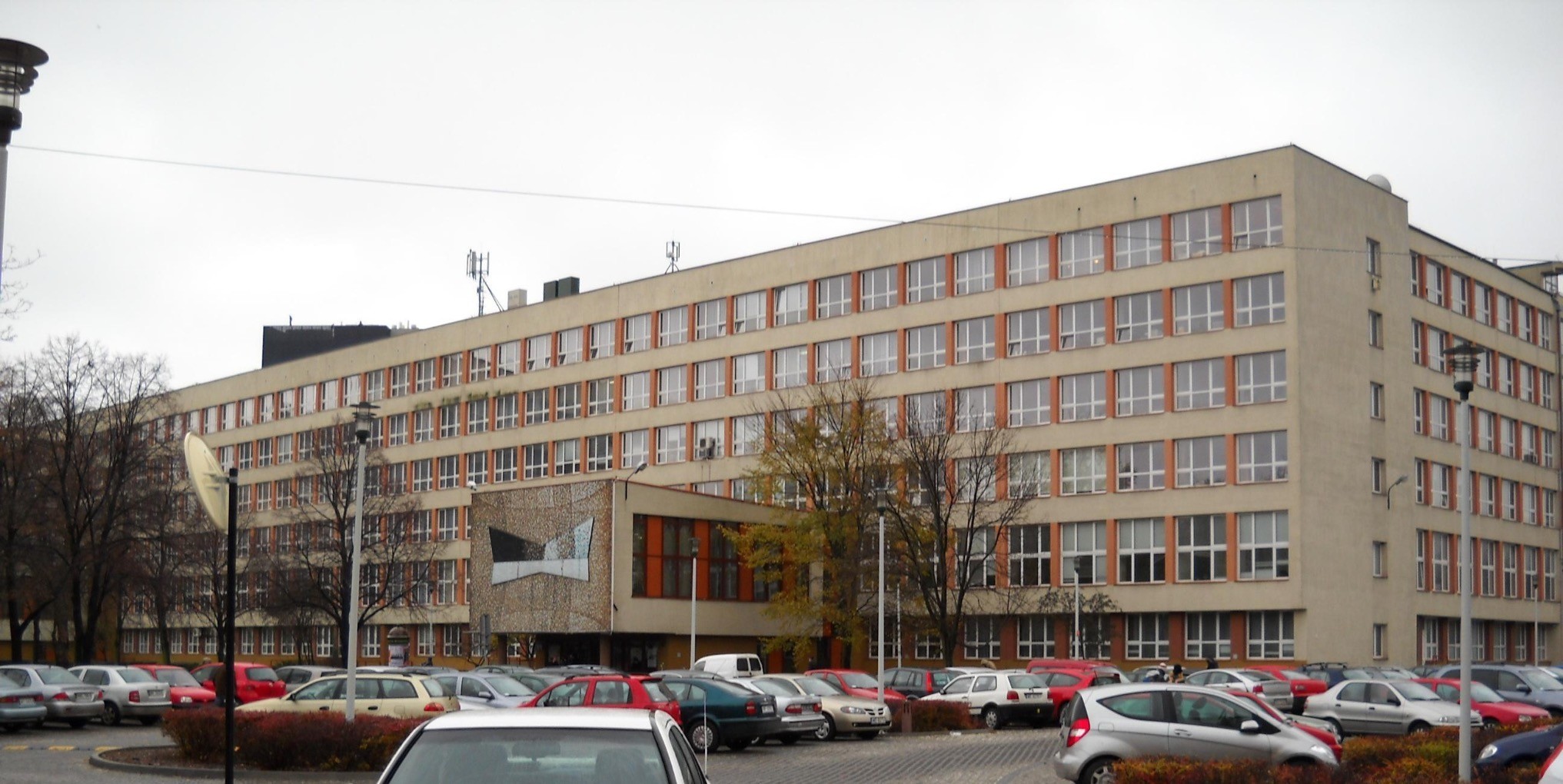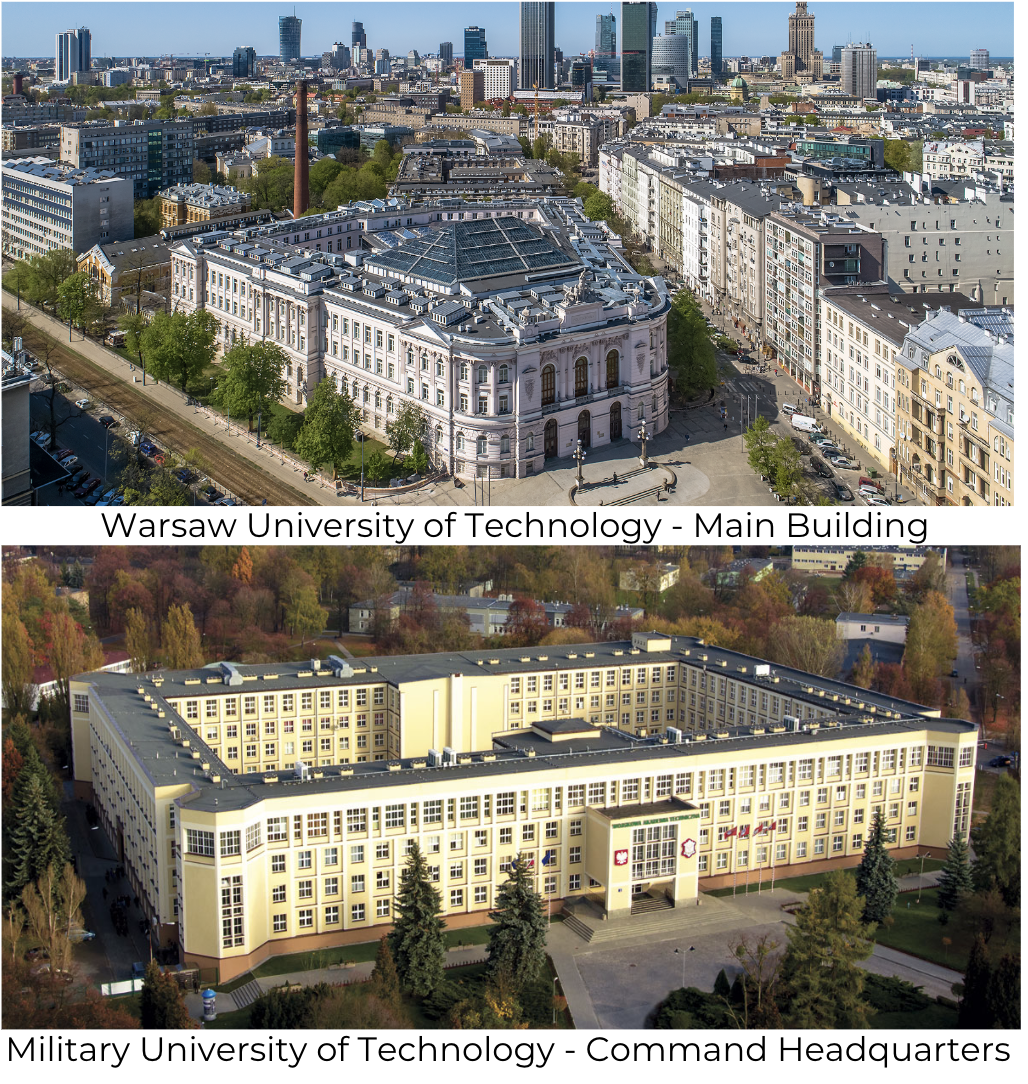
This October, I embarked on a one-year postgraduate course in Cybersecurity Engineering at the Warsaw University of Technology. Interestingly, this was not my original plan. Two years ago, inspired by the growing prominence of Artificial Intelligence, I considered pursuing a related program. AI was (and still is) an exciting field, with significant breakthroughs capturing headlines worldwide.
A Change in Direction
However, a conversation with a friend, with whom I volunteer weekly at Miodowa Street, steered me in a new direction. Initially, the idea of postgraduate studies didn’t resonate much with her. But after some thought, she suggested cybersecurity as an alternative. It’s a similarly trending domain, frequently discussed in media, and particularly relevant in Poland. Our country has established a dedicated Cyber Defense Component Command (DKWOC) to protect against cyber threats and conduct offensive cyber operations. Poland’s efforts in this space have even been recognized internationally, ranking high in MIT’s Cyber Defense Index.
The Value of In-Person Learning
The course runs for two semesters, from October 2024 to June 2025, with classes held every two weeks on campus in Warsaw. Personally, I see this as a huge advantage. Beyond the academic curriculum, the in-person format fosters interactions with peers—conversations during breaks, shared experiences, and even casual outings after lectures. These moments are as valuable as the lectures themselves.
Program Overview
The postgraduate program includes a variety of subjects, such as:

- Cybersecurity Fundamentals: Threat modeling, security frameworks, attack techniques, enterprise protection, and web application security.
- Network Security: A deeper dive into securing communication channels.
- Endpoint and Host Security: Protecting devices and servers from vulnerabilities.
- Offensive Security Testing: Hands-on experience in penetration testing.
- Cyber Threat Analysis and Incident Response: Understanding and addressing emerging threats.
- Cybersecurity Management: Practical strategies for managing security in organizations.
- Capstone Project: An independent research or applied project.
The lecturers are seasoned professionals with real-world expertise. Their passion for cybersecurity is evident in every session, making the learning experience engaging and practical.
First Impressions
One moment that stood out was the first lecture by Jędrzej Bieniasz, Ph.D. in Engineering, a well-regarded cybersecurity expert. His approachable style was immediately apparent—he encouraged us to address him informally by first name, creating a collaborative atmosphere. Beyond the classroom, his dedication is remarkable. He is active on Slack, often answering our questions, even as late as 10 PM. It’s inspiring to have such a committed and supportive mentor.
A New Academic Journey
At 35, being back at university is an entirely different experience. While I initially studied computer science at the Military University of Technology (MUT) in Warsaw, this new journey feels fresh and more aligned with my current goals. My early university years were defined by discipline and structure, shaped by MUT’s military culture, which was integral to the institution. Now, as a postgraduate student at the Warsaw University of Technology, the environment is more collaborative and informal, allowing for deeper connections and intellectual growth.

Looking Ahead
Two months into the program, I feel confident in my decision to pursue cybersecurity. The combination of expert instruction, hands-on coursework, and opportunities to network with like-minded individuals has been incredibly rewarding. There’s a lot of work ahead, but I’m excited to continue this journey and see where it takes me.
Once again, I find myself in a university lecture hall—older, wiser, and ready to embrace this new adventure.
